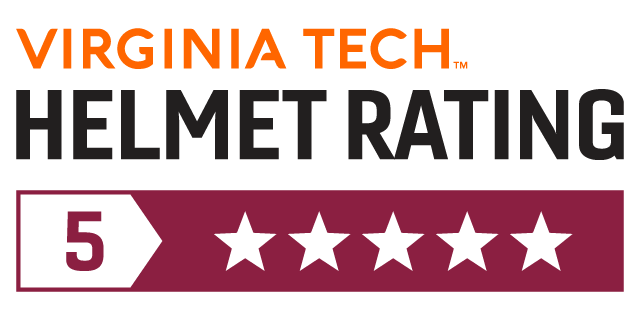Several things jump out from that abstract.
--The data extends back to 2010. There were fewer helmet wearers then, and some of the helmets then were not well designed.
--The statement of 65% helmeted and 35% unhelmeted skiers & riders sounds fishy. I never see more and a few unhelmeted people on the slopes.
--The fact that "helmeted patients were significantly more likely to suffer severe injury... intracranial hemorrhage ... chest injury..., and/or lumbosacral spine injury... than unhelmeted patients...." suggests two things. (a) the helmeted skiers were better skiers going faster, (b) chest and lubosacral spine injuries don't relate much to helmets.
This evaluation needs more work, especially to relate the skill level and skiing speed of the injured to the injuries suffered.
Correct use of the strap is critical, as well as correct positioning of the helmet on the head. Some put the helmet on the back of the head so goggles can sit on the forehead. This does not protect the vulnerable forehead. If the strap is loose the helmet can fly off and do nothing.
"...snow globe (brain slosh?) injuries haven't been reduced and might have risen with helmets. Which makes sense because helmets can't protect your brain bouncing around when you go from even low speed to a sudden complete stop...."
The polystyrene (styrofoam) lining inside the helmet shell is designed to absorb g-forces to slow the head speed in relation to the immediate stopping of the shell when something hard is hit. This counts on the polystyrene liner being in good condition and the helmet fitting correctly. A helmet that is too large, or a round helmet on an oval skull or vice versa, or a big helmet over a puffy knit cap can't do the job it is intended to do. Or an old helmet where the styrene foam isn't as good as it was when new. Motorcycle helmets are often suggested for replacement after 5 years of use or one crash due to deterioration or damage of the polystyrene liner.
Helmet testing involves several tests including penetration resistance (the benefit of the hard shell) and impact management tests (the benefit of the polystyrene foam liner). Here is the Snell test protocol:
https://smf.org/standards/pdf/rs98std.pdf





